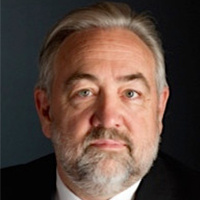El Paso RICO Act Lawyer, Texas
Sponsored Law Firm
-
 x
x

Click For More Info:
-
Stephanie Alvarado Attorney at Law
100 N Central Expy Suite 805 Richardson, TX 75080» view mapCriminal Defense Law Fighting Against Unjust Prosecution
Attorney Stephanie Alvarado is there for her clients when help is needed right away. Helping people charged with crimes in Texas for over 20 years.
800-988-5471
Not enough matches for El Paso RICO Act lawyer.
Below are all El Paso Criminal lawyers.
Leonard C. Morales
✓ VERIFIEDAny lawyer can work you out a deal. Only a lawyer with experience and a reputation as a fighter can get you the best outcome. Don't plea bargain away ... (more)
Brian Paul Kennedy
✓ VERIFIEDBrian Kennedy has seen it all and will bring his vast experience to your legal goals and needs. For over 40 years Brian has worked in the sports, ent... (more)
Orlando Mondragon
FREE CONSULTATION
CONTACT Stephanie Alvarado Richardson, TX
Stephanie Alvarado Richardson, TX Practice AreasExpertise
Practice AreasExpertise


